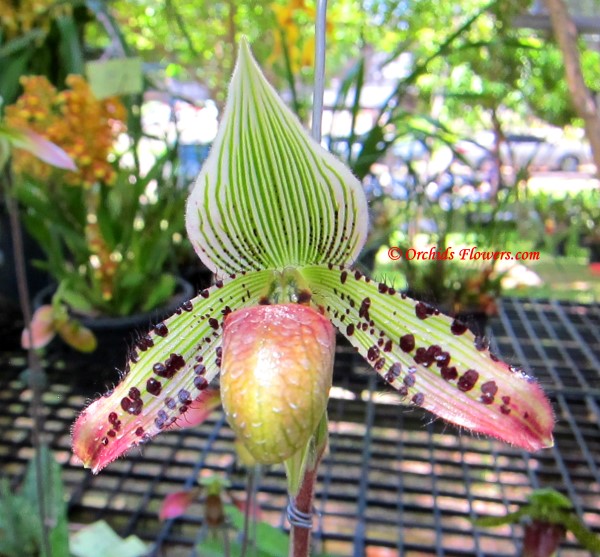
The name of the lady slipper orchid Paphiopedilum argus (Rchb. f.) Stein 1892 refers, because of the black-spotted petals, to the Greek myth of Argus (Argus Panoptes), a hundred eyed giant, guardian of the heifer-nymph Io. Paphiopedilum argus is native to the island of Luzon, Philippines, where the terrestrial growing lady slipper orchid was found Read More »
2leep.com
Read the full article...
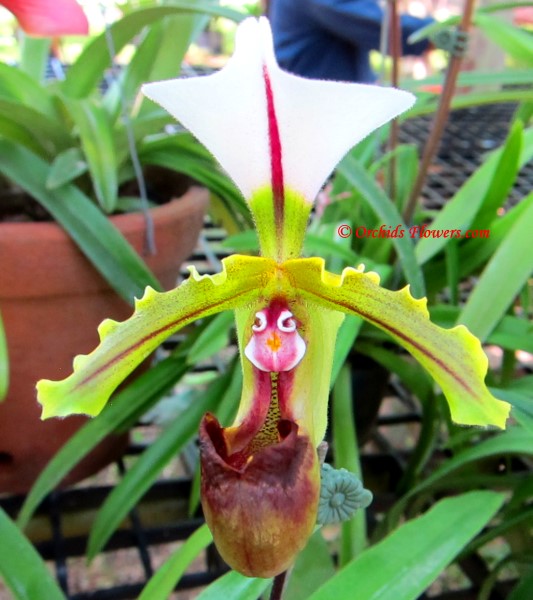
Paphiopedilum spicerianum (Rchb.f) Pfitzer 1888 is a terrrestrial, sometimes lithophytic growing lady slipper orchid species, native to the Himalayas, India (Assam), Bhutan, Myanmar (formerly Burma) and China (Yunnan). Paphiopedilum spicerianum orchids grow preferably on limestone cliffs at elevations of 300 - 2000 meters. The multiflowered inflorescences reach a length up to about 40 cm. Flowers Read More »
2leep.com
Read the full article...
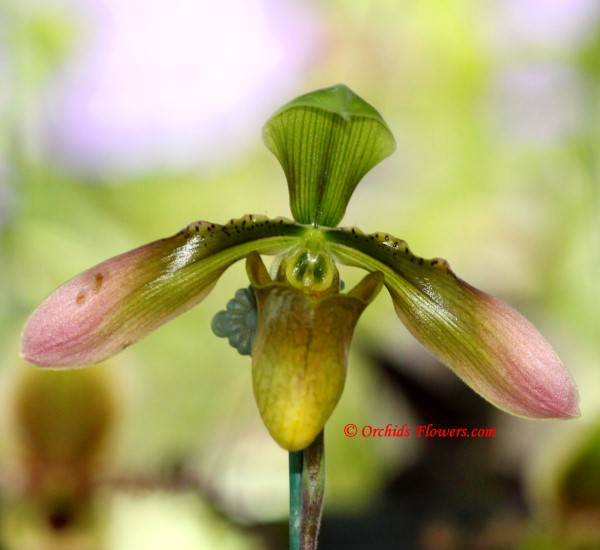
Paphiopedilum appletonianum (Gower) Rolfe 1896 is a terrestrial or lithophytic growing Lady Slipper Orchid native to China, Thailand, Laos, Cambodia and Vietnam. The tropical lady slipper orchid was primarily classified by the English botanist William Hugh Gower (1835 - 1894) as Cypripedium appletonianum in 1893 and named in honour to the English orchid enthusiast W.M. Read More »
2leep.com
Read the full article...

As we found the Lady Slipper Orchid Paphiopedilum callosum (Rchb. f.) Pfitzer 1895 at an orchid exhibition in our hometown Chiang Mai, North Thailand, the orchid was labeled as Paphiopedilum thailandense Fowlie, which isn`t an accepted name. The terrestrial or lithophytic growing lady slipper orchid is a variety of Phapiopedilum callosum found in South Thailand Read More »
2leep.com
Read the full article...
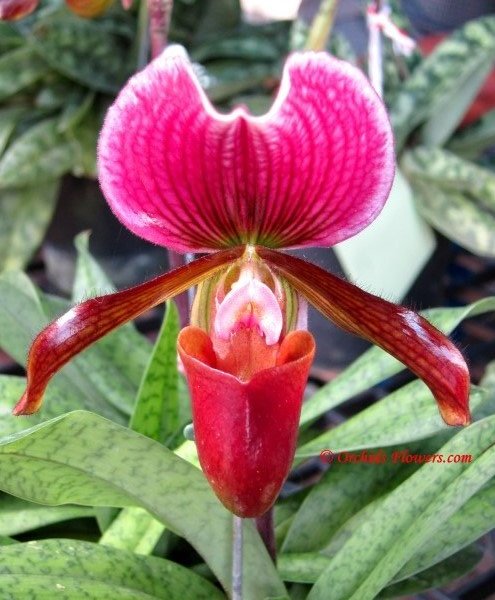
Paphiopedilum Rosita is a terrestrial growing Lady Slipper orchid hybrid, a crossing from Paphiopedilum callosum (seed parent) and Paphiopedilum charlesworthii (pollen parent). Paphiopedilum Rosita has been registered by Hugh Low with the Royal Horticultural Society in the year 1902. Hugh Low (1824 - 1905) was a British colonial administrator on the Malay Peninsula and a Read More »
2leep.com
Read the full article...





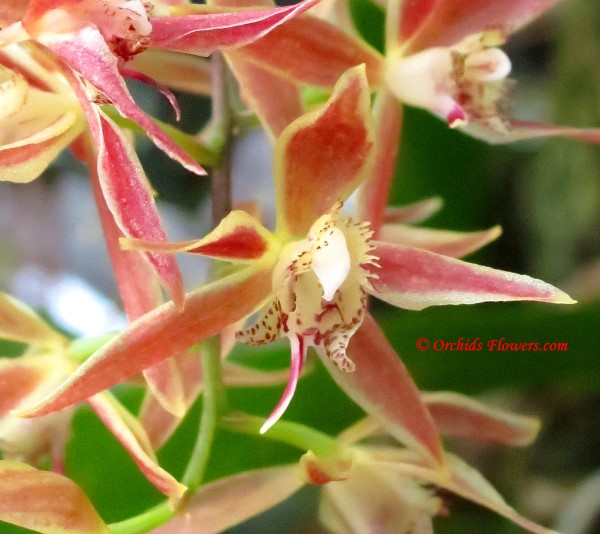 Macradenia multiflora (Kraenzl.) Cogn. 1904
Macradenia multiflora (Kraenzl.) Cogn. 1904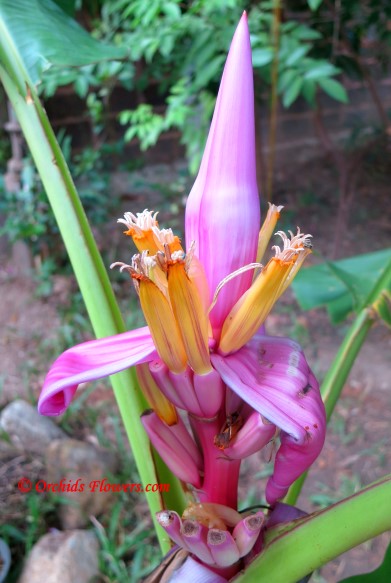 Pink Banana (Musa velutina)
Pink Banana (Musa velutina)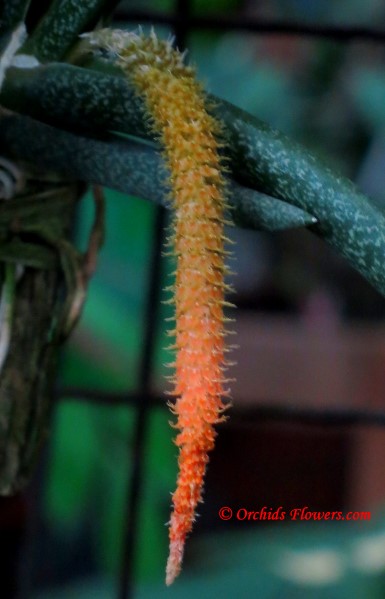 Oberonia myosurus (G. Forst.) Lindl. 1830
Oberonia myosurus (G. Forst.) Lindl. 1830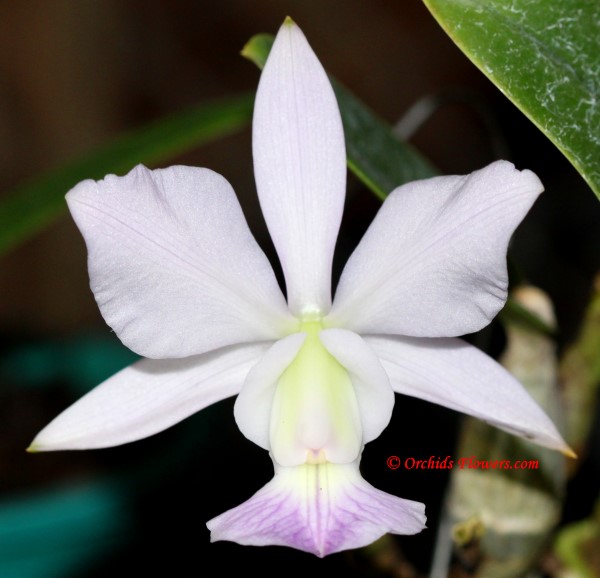 Cattleya Love Knot
Cattleya Love Knot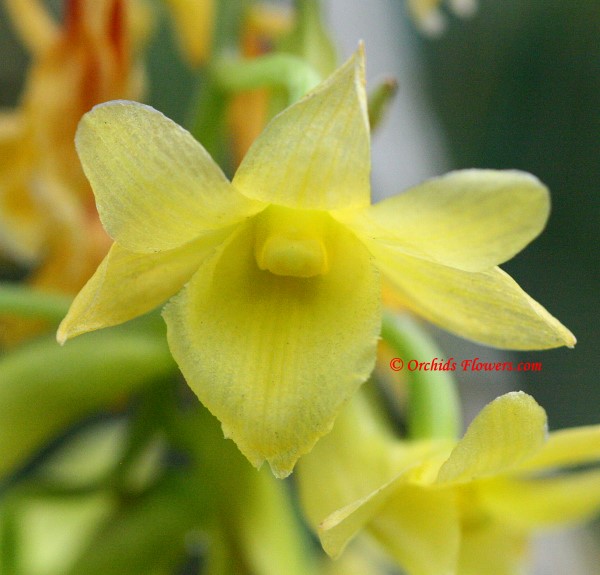 Dendrobium cerinum Rchb. f. 1879
Dendrobium cerinum Rchb. f. 1879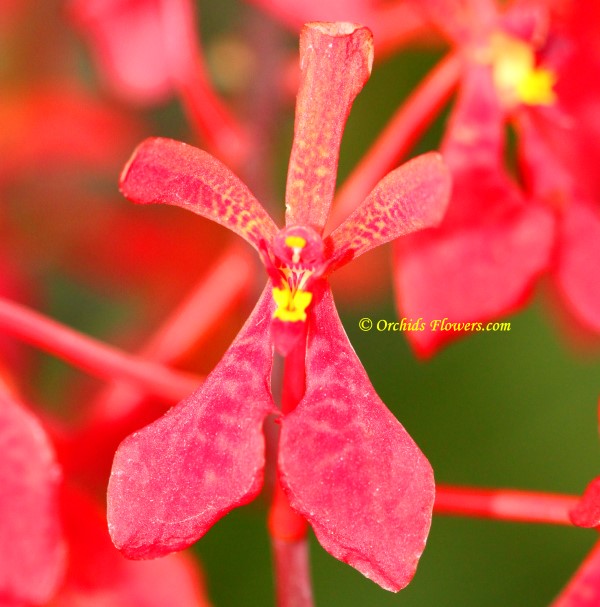 Renanthera Kalsom Red Dragon
Renanthera Kalsom Red Dragon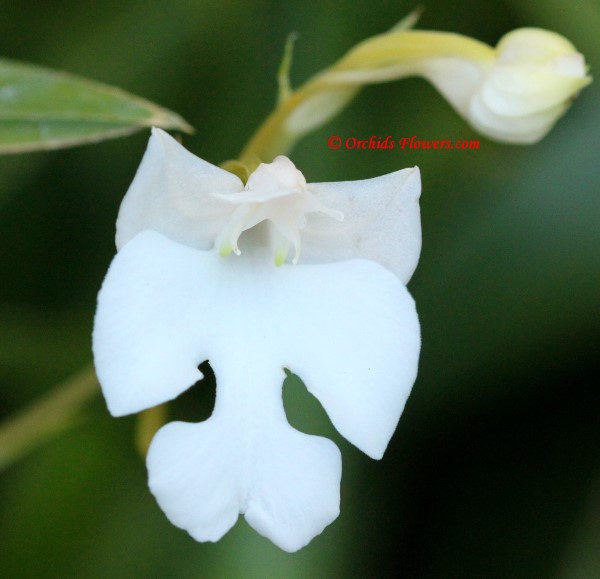 Terrestrial Orchid Habenaria carnea
Terrestrial Orchid Habenaria carnea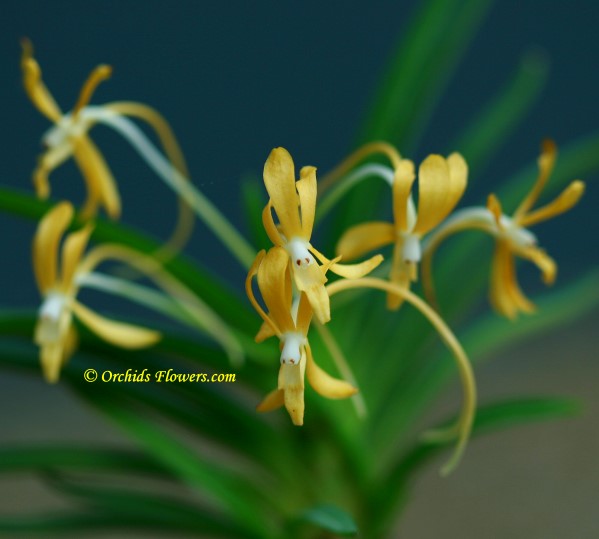 Yellow Samurai Orchid (Neofinetia falcata Kibana Fuuran)
Yellow Samurai Orchid (Neofinetia falcata Kibana Fuuran)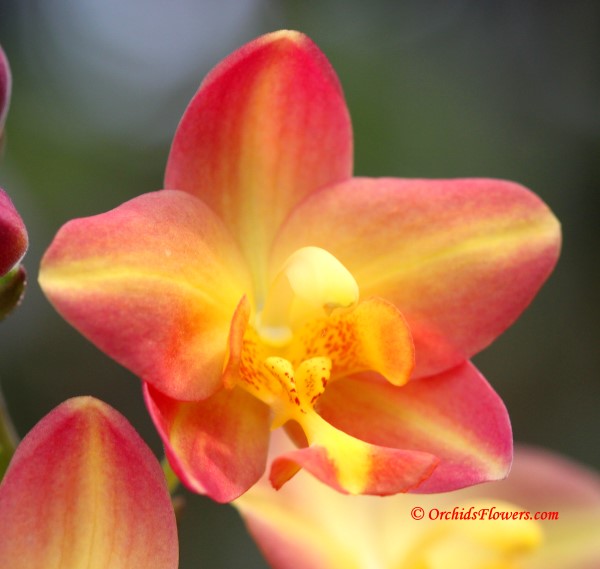 Spathoglottis Citrus Cooler Sorbet
Spathoglottis Citrus Cooler Sorbet Hoya bella Wax Flower
Hoya bella Wax Flower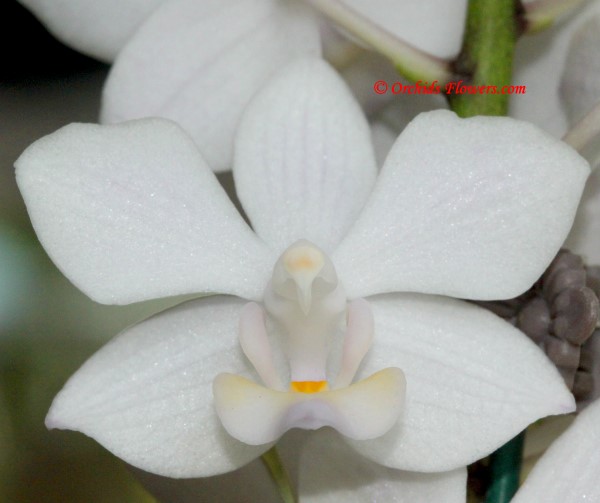 Phalaenopsis Tying Shin Sapphire
Phalaenopsis Tying Shin Sapphire Epithechea Orange Blaze (Epidendrum Orange Blaze)
Epithechea Orange Blaze (Epidendrum Orange Blaze)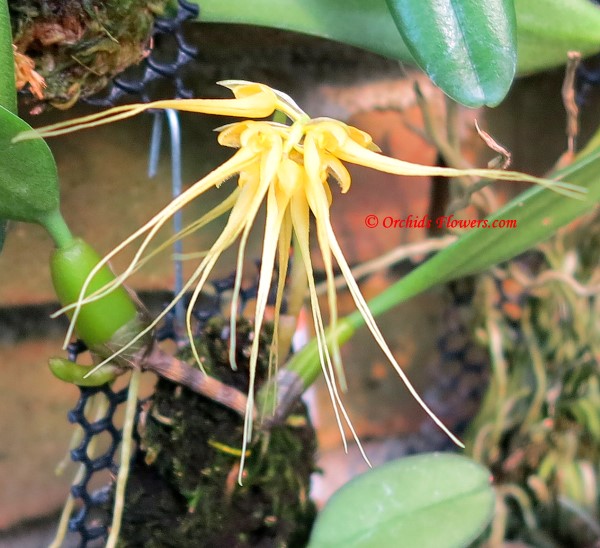 Bulbophyllum vaginatum Rchb. f. 1864
Bulbophyllum vaginatum Rchb. f. 1864 Moth Orchid Phalaenopsis Eleanor Yates
Moth Orchid Phalaenopsis Eleanor Yates Dendrobium Thongchai Gold
Dendrobium Thongchai Gold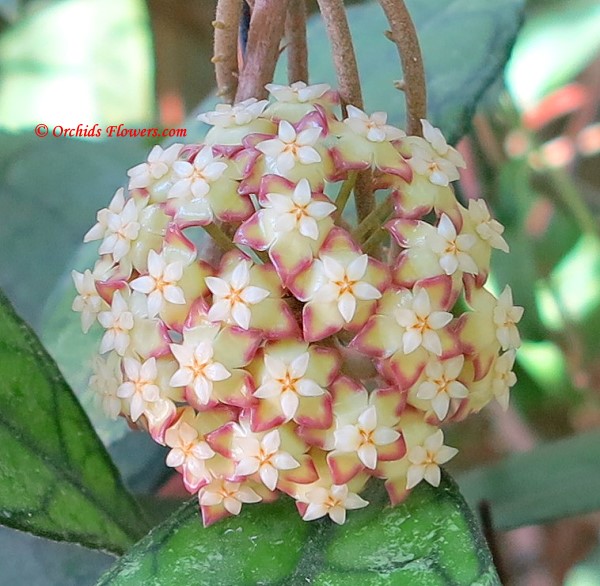 Hoya finlaysonii Wax Flower
Hoya finlaysonii Wax Flower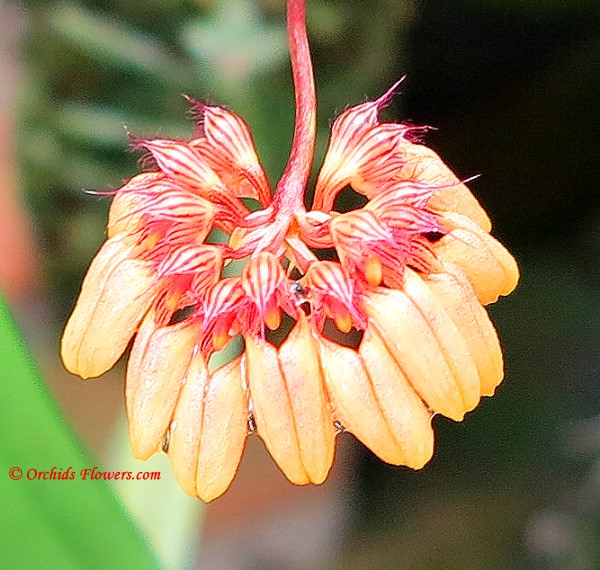 Bulbophyllum sikkimense (Cirrhopetalum sikkimense)
Bulbophyllum sikkimense (Cirrhopetalum sikkimense) Dendrobium formosum Roxb. 1832
Dendrobium formosum Roxb. 1832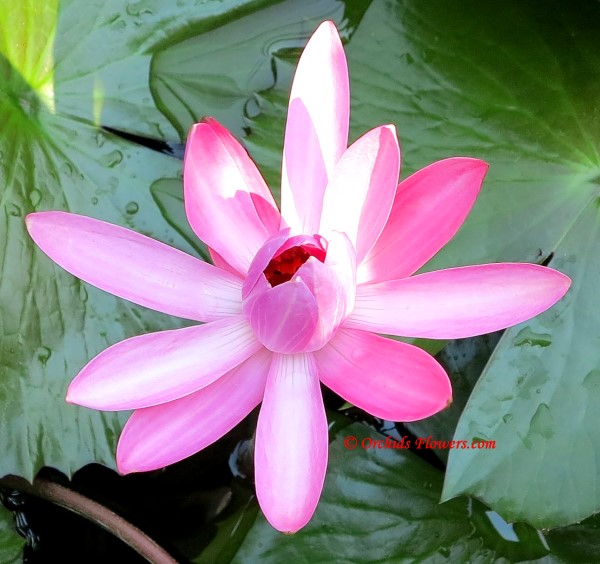 Pink Tiger Lotus (Nymphaea Ortgiesiano-rubra)
Pink Tiger Lotus (Nymphaea Ortgiesiano-rubra) Rhyncattleanthe Free Spirit
Rhyncattleanthe Free Spirit

 Hoya macgillivrayi F. M. Bailey 1914
Hoya macgillivrayi F. M. Bailey 1914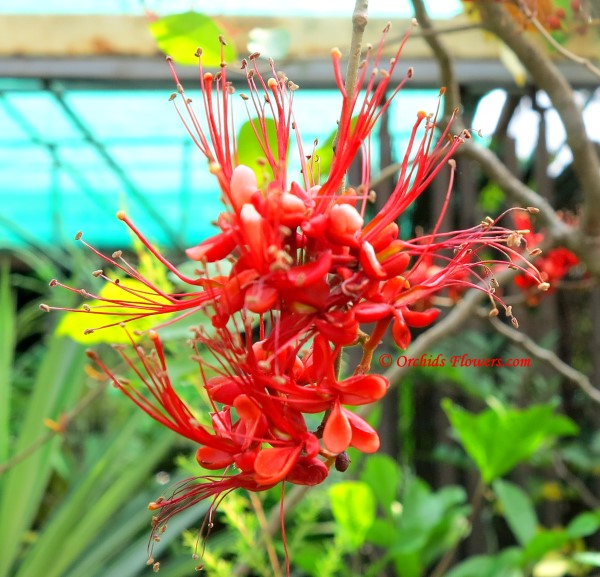 Monkey Flower Tree (Phyllocarpus septentrionalis)
Monkey Flower Tree (Phyllocarpus septentrionalis)